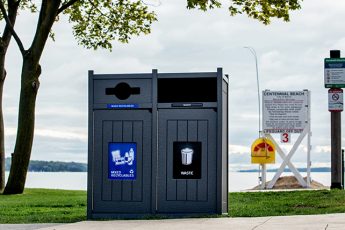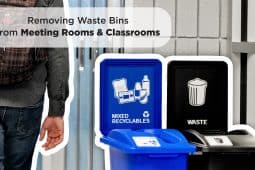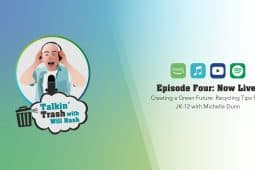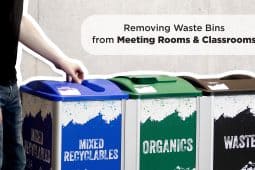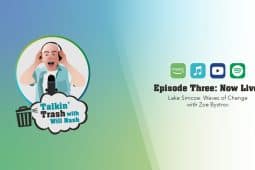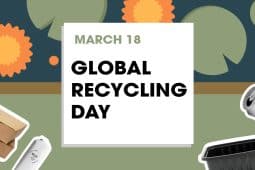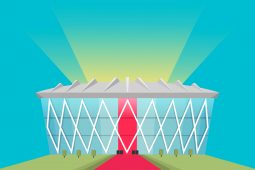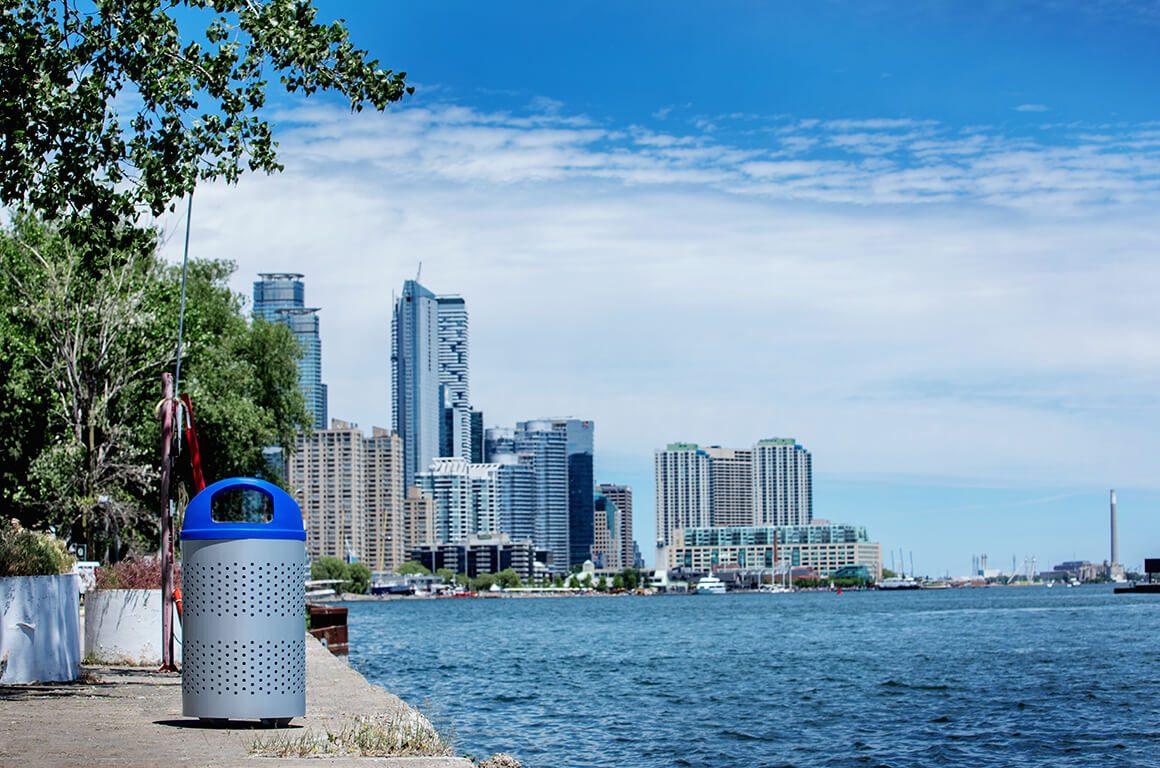
May 19, 2020 By Tim No Comments
An overview of the Economic, Social & Environmental benefits associated with building a solid waste management program.
The two main goals that parks and recreational facilities have in common are aesthetics and leisure. Communities around the world have seen the benefits of parks, playgrounds, sports complexes, and leisure centers of all kinds. These are the types of places that community members gather, which is why they often hold a strong reflection of community values. Clean grounds, environmental consciousness, and overall aesthetics can have a major impact on the community experience within these influential spaces, making a waste management program and undeniable priority. Many municipalities have already taken steps to improve their public space waste program such as adding recycling and organics streams while developing a standardized and easy to follow system for all users. Getting your guests and staff on board with a seamless recycling program can drastically improve your program in several ways. Here’s a small list of major benefits to having a successful waste management program!
Economic Impact
You’re probably thinking first and foremost about your budget. It’s no secret that implementing a new program or revamping an existing program costs money, but there are many ways in which it can actually save you money! In addition to the many obvious social and environmental upsides to recycling, here’s how it can also be economically beneficial:
- Drastically Reduced Waste Removal Costs:
Trash removal costs can be exorbitantly expensive, especially in dense cities or remote areas. By removing paper, plastic and other recyclables from the waste stream, parks and rec centers can cut their waste disposal bill by as much as 50 percent. Of course, every facility’s cost will differ, and there is always a cost involved in recycling collection. However, the price paid for recycling collection is often recouped by the savings of having less waste collected by your waste hauler.
- Promotes a healthy economy
In a study performed by Waste Wise, they point out that “Recycling is an important segment of the national and state economy, creates jobs and saves money for generators of waste. The businesses, institutions, and local government entities highlighted in this report all understand that recycling makes both environmental sense and economic sense”. The amount of jobs that the recycling industry sustains has a major impact on the overall economy.
- Procurement of Recycled Materials
Many recyclable materials are valuable enough to sell and be reused. This not only promotes a circular economy but also creates a potential for cost savings from your recycling hauler.
- Clean Buildings and Parks
Providing more options and communicating a clear waste management system encourages guests to refrain from leaving trash and litter in places they don’t belong. Not only can this improve the aesthetics and clean environment of your park or facility, attracting and pleasing more guests, but it can also reduce the cost of janitorial or maintenance staff. Encouraging guests and staff to properly use your new and improved waste management system means that they are more likely to clean up after themselves.
Social Impact
Parks and recreational centers are known for their social atmospheres that bring people together. Successful facilities are often involved with philanthropic and social causes to promote their interest in the success of their community. So what social benefits can come from expanding your waste management program?
- Parks and public centers that actively recycle and collect organics send the message that they are passionate about the environment.
- Green actions show a commitment to a greener future, which can help to empower guests and employees to further personal actions.
- Setting a green standard in the community creates more jobs. These jobs support a shared transition to a more sustainable and resilient society. In fact, the Institute for Local Self-Reliance reports that industries engaged in sorting and processing recyclable material employ 10 times more people than traditional waste disposal firms do.
- People tend to feel a sense of social pressure to participate in recycling themselves if they see that it is encouraged in all aspects of their community.
- The same social pressure applies to keeping public spaces clean. Guests are more likely to use recycling and waste receptacles properly if the environment around them is litter-free, and the options of waste, recycling, and organics are provided.
Environmental Impact
The need for action to help save our planet becomes more crucial every day, and the pressure on municipalities to make changes is more intense than ever. One of the most effective ways for a public facility to have a major impact is to expand their collection beyond waste to include recycling and organics, while also communicating their program effectively.
By now you’re likely familiar with the main environmental benefits of recycling, but here’s a recap of what recycling in your park or recreational center can do for our planet:
- Recycling helps to reduce the pollution caused by waste as harmful chemicals and greenhouse gasses are often released from plastics and other recyclable materials in landfill sites
- Recycling reduces the need for raw materials so that the rainforests can be preserved, allowing natural habitats to remain safe.
- Large amounts of energy are used when making products from raw materials. Recycling requires much less energy and therefore helps to preserve natural resources.
Beyond these, the environmental benefits of recycling are plentiful, but have you considered the further benefits of including organics collection at your park?
Some people believe that food will simply decompose once in the landfill, but this is not usually true. Diverting organic matter from the waste stream has many ecological benefits, including, but not limited to the following:
- Reducing methane emissions, a greenhouse gas 21 times more potent than CO2.
- Minimizing the formation of leachate, a toxic runoff which threatens ground and surface water.
- Returning nutrients to soil, which both improves soil health and reduces the need for chemical fertilizers.
- Boosts the ability of soil to retain water and decreases runoff.
Organics aside, landfills are a primary contributor to the greenhouse gas output of the United States. Decomposing garbage generates methane, which is about twenty times more effective than carbon dioxide at trapping heat in the Earth’s atmosphere, according to the Environmental Protection Agency. With that said, all the waste generated within your community ends up in landfills and has a direct negative impact on climate change.
As with any environmental change discussion, the common thought is that any of these efforts are just a drop in the bucket, however, your program has a much larger influence than you may think. Making these types of changes to your waste management not only sets a standard for all other public spaces outside your community, but it also sets a positive example for every guest who enters, encouraging them to practice recycling and proper waste disposal in their everyday lives. Making changes to your program reflects your community’s passion for the environment, and encourages potentially thousands of other people to re-consider their recycling habits.
—
Now that we’ve filled you in on the quick list of benefits, we’re confident that you will find further success in your own program improvement, and when you do, we hope you share it with us! We would love to hear your challenges, successes, and any other industry knowledge that you have to share so that we can continue to educate and update our resources for parks and recreational facilities in the future.
